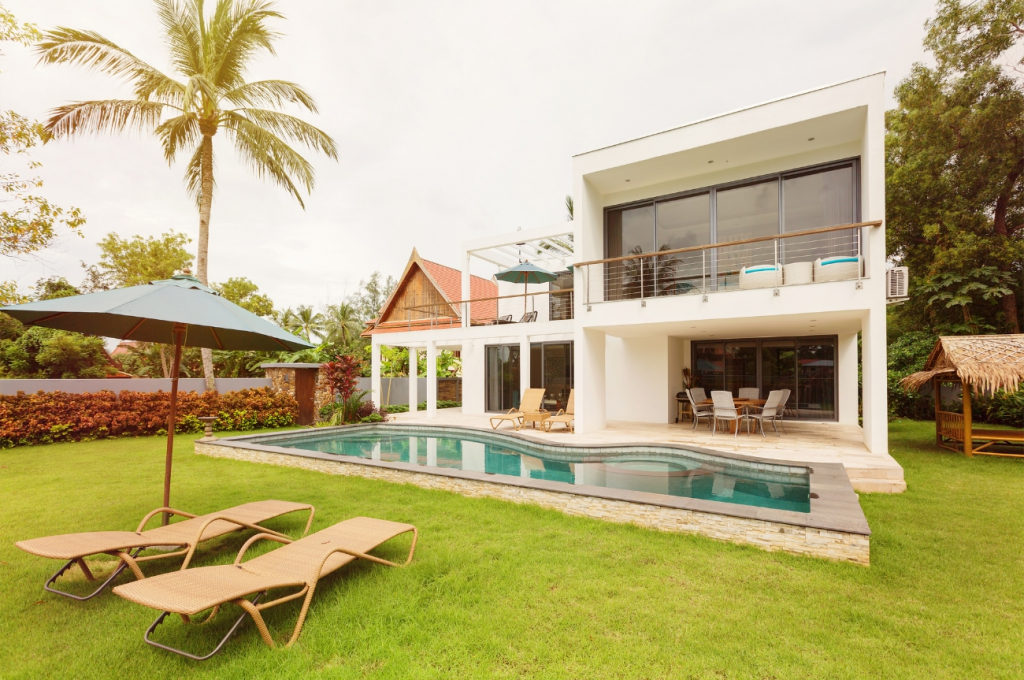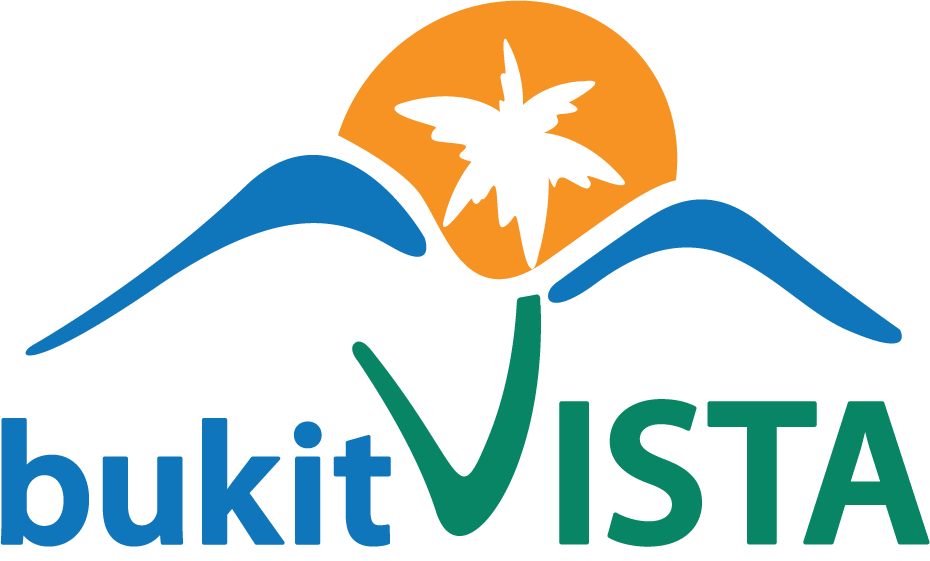Bali’s accommodation market is set for transformative growth from 2025 to 2030, driven by emerging segments, digital innovation, and ESG imperatives. Hey, I’m Jason, Business Journalist at Bukit Vista, and in this article we’ll Bali’s market outlook, highlight new opportunities, and underscore the critical role of sustainability and technology in shaping long-term success.
2025-2030 Forecasts: Market Evolution

Over the next five years, villas and hybrid formats will dominate new supply, accounting for an estimated 60% of incremental inventory by 2030. Traditional comp sets—star-rated hotels—will cede share as decentralized, digitally native products capture guest preferences. Demand for extended-stay and remote-work accommodations is projected to grow at 8–10% annually, outpacing overall tourism growth of 4–6%.
Data analytics and OTA integration will further accelerate distribution efficiency. Direct-to-consumer bookings are expected to constitute 35–40% of total reservations by 2030, up from 20% in 2024, enhancing margin resilience and guest loyalty.
Emerging Segments: Hybrid, Wellness, and Nomad Hubs

- Hybrid Models: Combining private villas with shared coworking and wellness facilities, hybrids will command premium ADRs and occupancy rates of 65–75%.
- Wellness Retreats: Eco-resorts and spa-focused properties will grow by 12% annually as health-conscious travelers seek immersive experiences.
- Nomad Hubs: Co-living and digital-nomad-centric developments in Ubud, Canggu, and Tabanan will expand by 15%, catering to remote-work demand and multi-month stays.
ESG Imperatives and Investment Opportunities

- Renewable Energy Integration: Solar and off-grid systems to reduce operating costs by 15–20%.
- Water Circularity: Rainwater harvesting and greywater reuse to cut water expenditures by 30%.
- Community Linkages: Local sourcing and cultural integration to secure village-level support and enhance guest authenticity.
Conclusion: Bali Market Outlook 2025-2030
The period 2025–2030 offers unparalleled long-term opportunities in Bali’s accommodation market. Stakeholders who anticipate market evolution—by focusing on hybrid and wellness segments, leveraging digital distribution, and prioritizing ESG—will capture sustainable returns and shape the future of Bali lodging.
Take the First Step to Joining Our Community, Book Your Seat at Our Round Table Talk Today!
At Bukit Vista, we believe in creating lasting partnerships that help nagivate your property to the top 1% in this competitive season. Join us to discover how we can work together.
